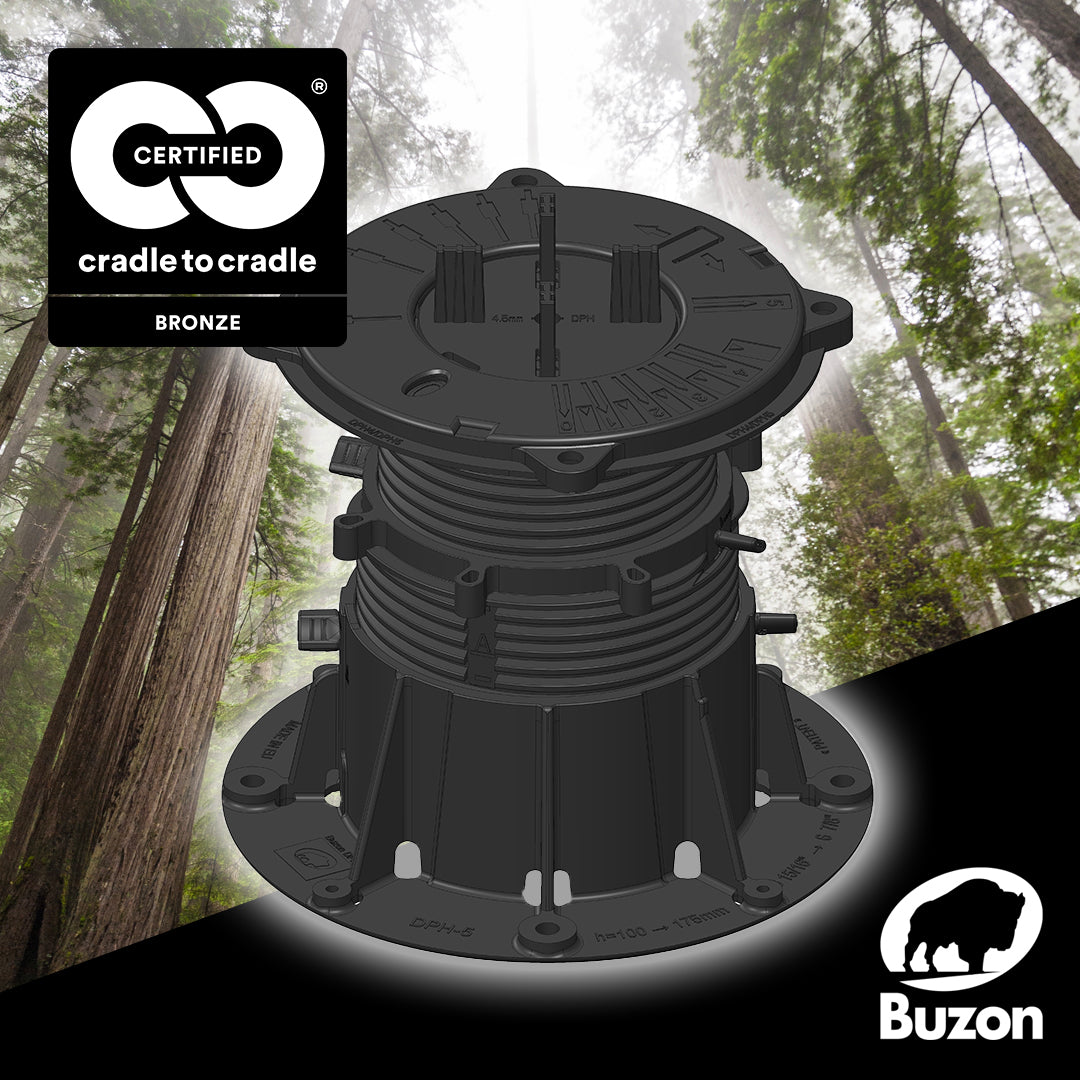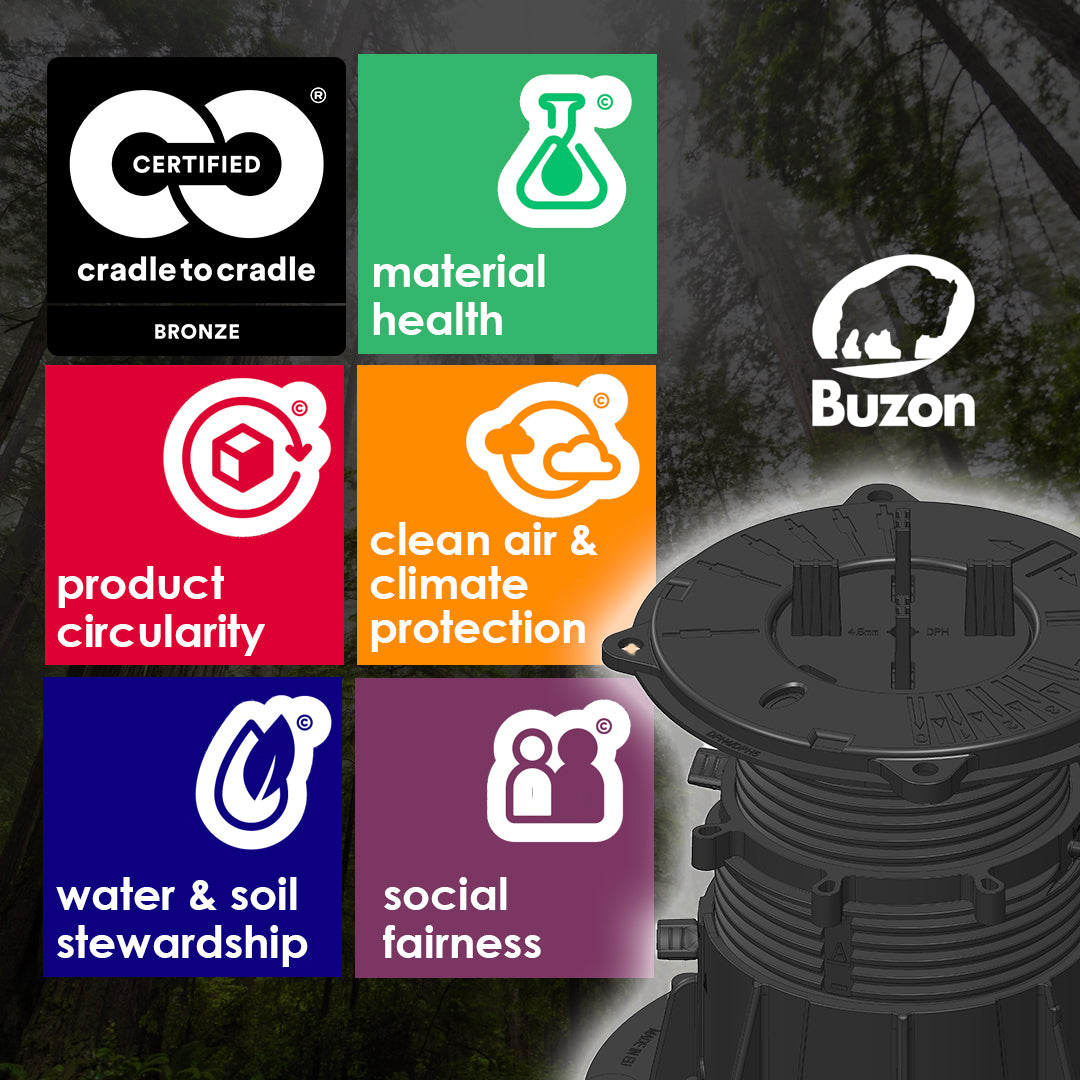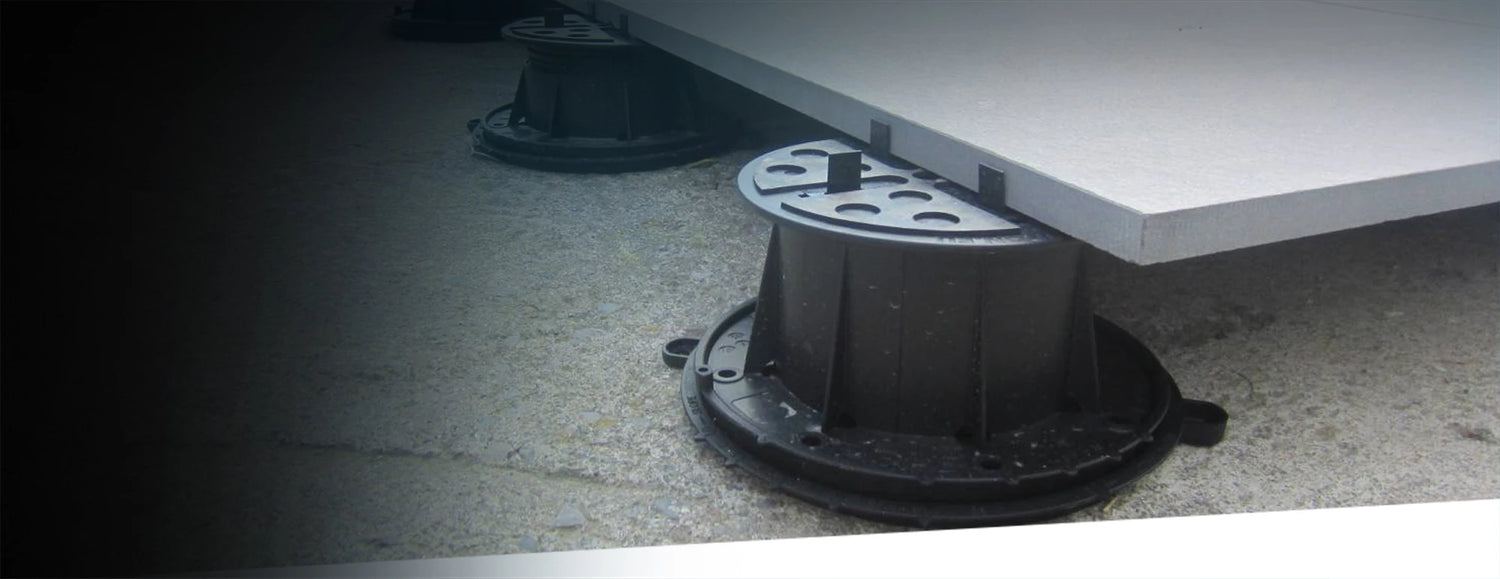ABOUT THE CRADLE TO CRADLE CERTIFIED® PRODUCTS PROGRAM
In today's era of sustainability, the Cradle to Cradle Certified Product Standard stands out as the beacon guiding businesses towards a circular economy. This revolutionary standard redefines the traditional linear model of production and consumption by promoting safe, circular, and responsible materials and products.
At its core, the Cradle to Cradle Certified Products Program represents the pinnacle of multi-stakeholder collaboration aimed at designing and manufacturing products for the circular economy. By establishing globally recognised, science-based requirements across various domains such as material health, product circularity, renewable energy, climate, water, soil stewardship, and social fairness, this certification offers a comprehensive solution for companies striving to implement circular business models.
From everyday items like fragrances, t-shirts, and water bottles to complex products such as flooring and window treatments, thousands of products have earned the prestigious Cradle to Cradle Certified designation. Moreover, an increasing number of global brands and organisations recognise this certification as the preferred standard for responsible purchasing practices.
The Cradle to Cradle Certified Product Standard traces its roots back to the foundational Cradle to Cradle® design principles established by visionaries William McDonough and Dr. Michael Braungart. Its rigorous certification requirements are shaped through an inclusive multi-industry, multi-stakeholder engagement process, incorporating insights from technical experts, market leaders, and the public alike.

Bronze Level Certificate
Our Cradle to Cradle Certificate at the Bronze level is the first step in a program that intends to optimise our product formulations so these contaminants are no longer present and materials can cycle safely in a circular economy.
The Cradle to Cradle Certified® Product Standard provides the framework to assess the safety, circularity and responsibility of materials and products across five categories of sustainability performance:

Material Health
Ensuring materials are safe for humans and the environment
Product Circularity
Enabling a circular economy through product and process design
Clean Air & Climate Protection
Generating clean energy and protecting the environment
Water & Soil Stewardship
Safeguarding air, water and soil resources
Social Fairness
Embracing safe, fair and equitable labor practices that advance human rights and strong communities




